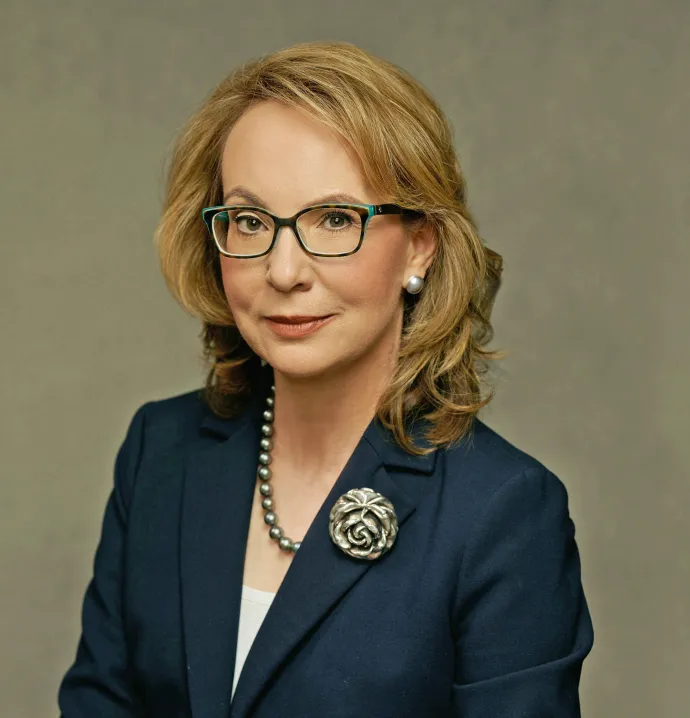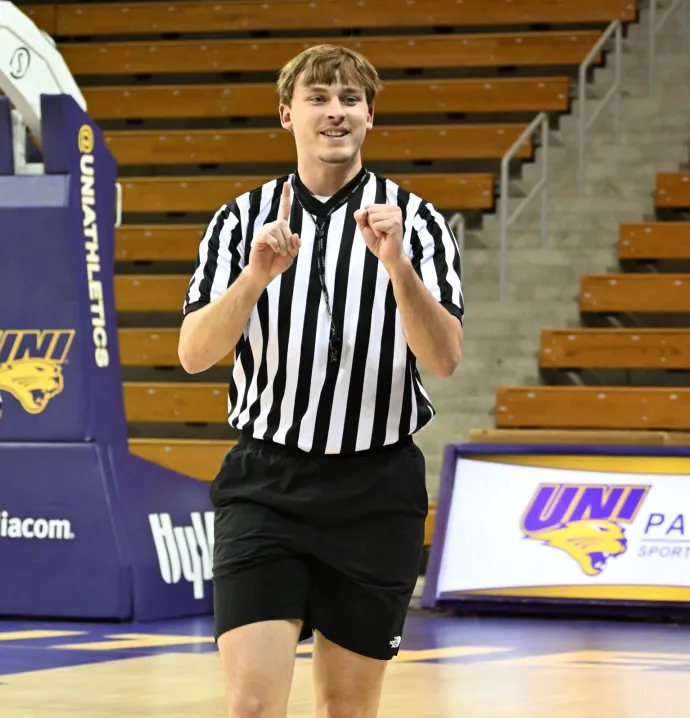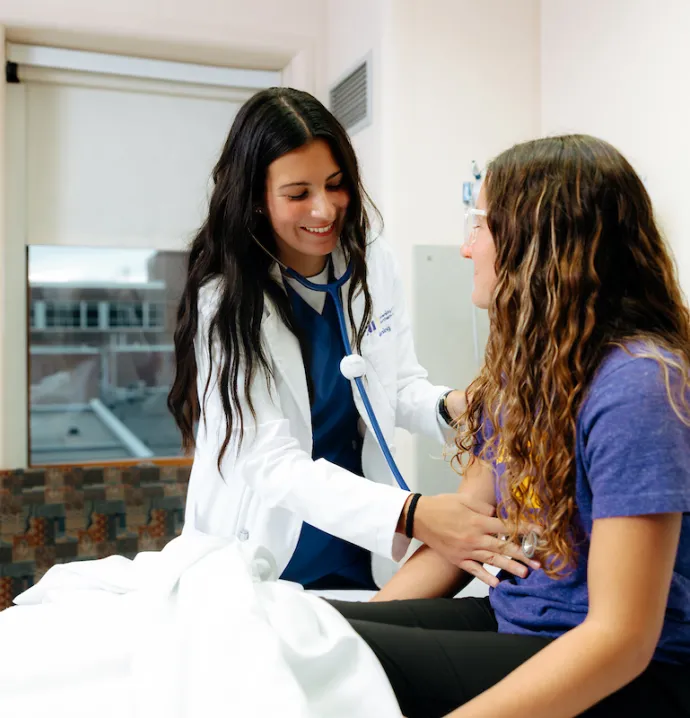Public health students place second in national competition
Public health students place second in national competition
Like many things in 2021, the National Case Study Competition in Health Education went virtual. The change in format didn’t rattle the team of UNI public health seniors Lynn Kleyer, Kara Hooper and MacKenzie Helle in the slightest as they won second place and gained valuable experience developing solutions to public health issues.
The National Case Study Competition in Health Education is a competition that brings together students from around the country to participate in addressing a community health issue. Its competition mission is to provide a top-tier professional development opportunity for public health students to showcase their skills and preparation as they enter the profession.
The catch of the competition: Students only have two weeks to become experts on their assigned topic. Once the research has been completed, 15 teams from 11 colleges put it into a 15-minute presentation and delivered it to a panel of professionals and academics in the field. UNI’s team of Kleyer, Hooper, and Helle were tasked with creating a public health plan to address breastfeeding disparities in a rural Louisiana county.
While working in such a short time frame increased the pressure, Kleyer felt that it helped her build a valuable connection to both the public health field and her classmates.
“It was a crazy month of preparing, but I would not take it back. I am better equipped to join the public health field and have grown closer to my classmates because of it,” said Kleyer, who is majoring in public health with an emphasis in women’s health.
Kleyer said the competition taught her a valuable lesson about finding solutions to public health problems -- one that will allow her to continue to pursue her passion for women’s health.
“This experience showed me that in public health, there really is no ‘right answer,’” Kleyer said. “Not one strategy will be the perfect fix. However, by working together in teams, we all were able to come up with different ways to fix the issue.This makes me so excited about my career path because it just goes to show that when there is an issue, if you dedicate time and commitment, you will find a way to fix it.”
Helle was most excited for the opportunity to put her classroom experience to work in a professional environment.
“We used a lot of skills taught through our Planning and Evaluation course as well as our Implementing and Advocacy class,” Helle said. “In the midst of the preparation I most definitely felt nerves, but I also felt a sense of confidence while presenting.”
For Hooper, the biggest reward of the program was the knowledge that she was on the right track for her career.
“It gave me validation that I am ready to go out into the world and work as a health professional and that I can accurately apply the education I've received at UNI,” said Hooper.
To address the issue for the competition and increase breastfeeding rates, the team decided to create a public campaign to involve the community and local stakeholders, beginning with the creation of a local breastfeeding coalition. The team also devised strategies and events to initiate an education and support group for mothers, encourage local businesses to take a “Breastfeeding Welcome Here” pledge and host a monthly event for new/expecting mothers to interact with one another
Disa Cornish, a UNI associate professor who was the team’s advisor, was thrilled by the result.
“I was so impressed by this group’s hard work,” said Disa Cornish, a UNI associate professor who was the team’s advisor. “They put in months of preparation time and expertly used the skills and lessons from our public health program.”




